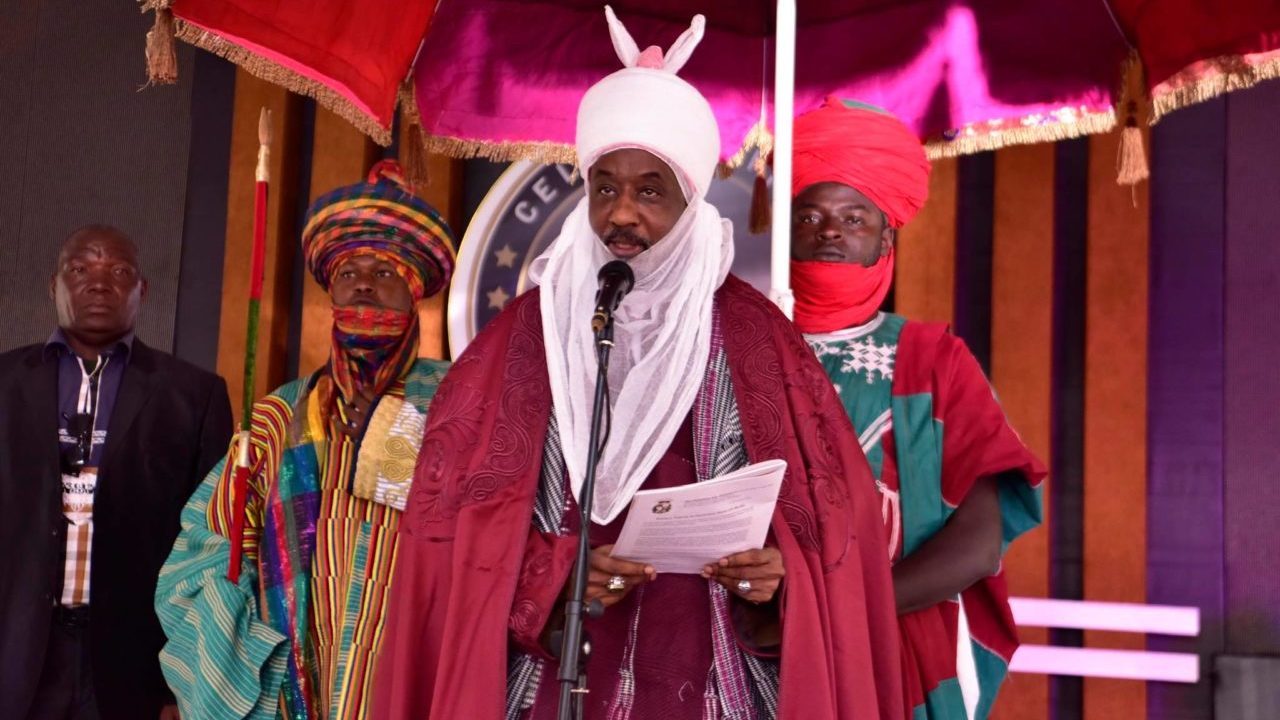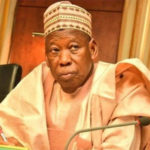The ongoing dance of shame by politicians and the judiciary in Kano State is not only a national embarrassment to the authority and legitimacy of traditional rulers in Northern Nigeria, but also a threat to the survival of the long-established political system in the region’s largest commercial city. The confusion created by dethronement of highly rated traditional rulers and the conflicting court orders issued to restore or dethrone them only sought to ridicule the once revered institution, and by extension, threaten the long existing peace in Kano.
Four years after Governor Abdullahi Umar Ganduje dethroned the 14th Emir of Kano, Muhammadu Sanusi II, on March 9, 2020, Governor Abba Kabir Yusuf on Thursday May 23, 2024, assented to the amended Kano Emirate Council Law, which repealed the existing law that deposed Muhammadu Sanusi II and another that created five distinct emirates, including Kano. The manipulation of the traditional institution by politicians in Kano for the advancement of their political interests particularly in the past five years is, indeed, a calamity on the Kano Emirate.
For example, one of the public insinuations that trailed Emir’s Sanusi’s dethronement was that he was deposed for allegedly supporting Abba Kabir Yusuf, then a governorship candidate of the Peoples Democratic Party (PDP) against Governor Abdullahi Ganduje, who was seeking his second term in office in the 2019 general elections. During his 2023 governorship campaign, Yusuf vowed to void some of Ganduje’s decisions, including the creation of four new emirates and the dethronement of Sanusi. After Yusuf’s electoral victory last year, Senator Rabiu Musa Kwankwaso, his political godfather revealed that the governor would not renege on his promise to review the creation of the new emirates.
Sequel to the receipt of a petition by the Kano State House of Assembly calling for the reinstatement of Sanusi, the House on Tuesday, May 21, resolved to review the law that was used by Ganduje to oust the emir. The amendment bill which passed first reading on Wednesday May 22, scaled second and third readings on Thursday May 23, and was immediately passed as the Kano Emirates Council Law (Repeal Bill) 2024. A few hours later, the governor assented to it; declaring that it took effect immediately. The new law abrogated the establishment of new emirates in the state. Similarly, also, all district heads elevated or appointed under the repealed law are to revert to their previous positions. Speaking after signing the bill into law, Yusuf said, “I want to inform the good people of Kano that today we reappointed Sanusi Lamido Aminu Sanusi, popularly known as Muhammadu Sanusi II, as the 16th Emir of Kano, while the five former emirs are expected to vacate their palaces within 48 hours.”
As if these political intrigues were not scandalous enough, the judiciary added its own flair of conspiracies to the unfortunate twists. Two courts in Kano State issued conflicting interim injunctions on the Kano emirate tussle. While Justice S. A. Amobeda of the Federal High Court in Kano on Tuesday ordered the eviction of the reinstated emir, Muhammadu Sanusi II from the Gidan Rumfa palace, Justice Amina Adamu Aliyu of Kano State High Court issued a separate order, restraining the police, the Department of Security Services (DSS) and the Nigerian Army from evicting, harassing or arresting Emir Sanusi. This same court also restrained Bayero from presenting himself as the Emir of Kano and ordered his eviction from Nassarawa Palace. In its injunction, the Federal High Court had issued an order on May 23 prohibiting the state government from enforcing the Emirate Council Repeal Law 2024, which facilitated Sanusi’s reinstatement and Bayero’s dethronement.
The differing court orders stirred multifaceted crises. First, they provided an expedient platform for Sanusi and Bayero to respectively hold court in Gidan Rumfa and Nasarawa palaces in Kano. While Kantin Kwari traders, some commissioners and LG chairmen paid homage to Sanusi, minority lawmakers in the state visited Bayero. Second, the court injunctions elicited public anger which sparked street protests and bonfires by supporters of Sanusi and Bayero.
It is most unwelcome that the Kano emirship crisis shifted from being an exclusive traditional issue to a brazen dance of shame by those who swore allegiance to remain fair and firm in their constitutional mandate. While we commend the people of Kano for refusing to descend into chaos, we urge the military and the police to steer clear and resist being used by any authorities. The call in an advertorial by the Northern Traditional Ruling Council for the disputants to exercise restraint is most apt. Daily Trust appeals to all parties responsible for the current impasse in Kano emirate to stop their dance of shame and work for its quick resolution. Let peace reign in Kano.

 Join Daily Trust WhatsApp Community For Quick Access To News and Happenings Around You.
Join Daily Trust WhatsApp Community For Quick Access To News and Happenings Around You.


